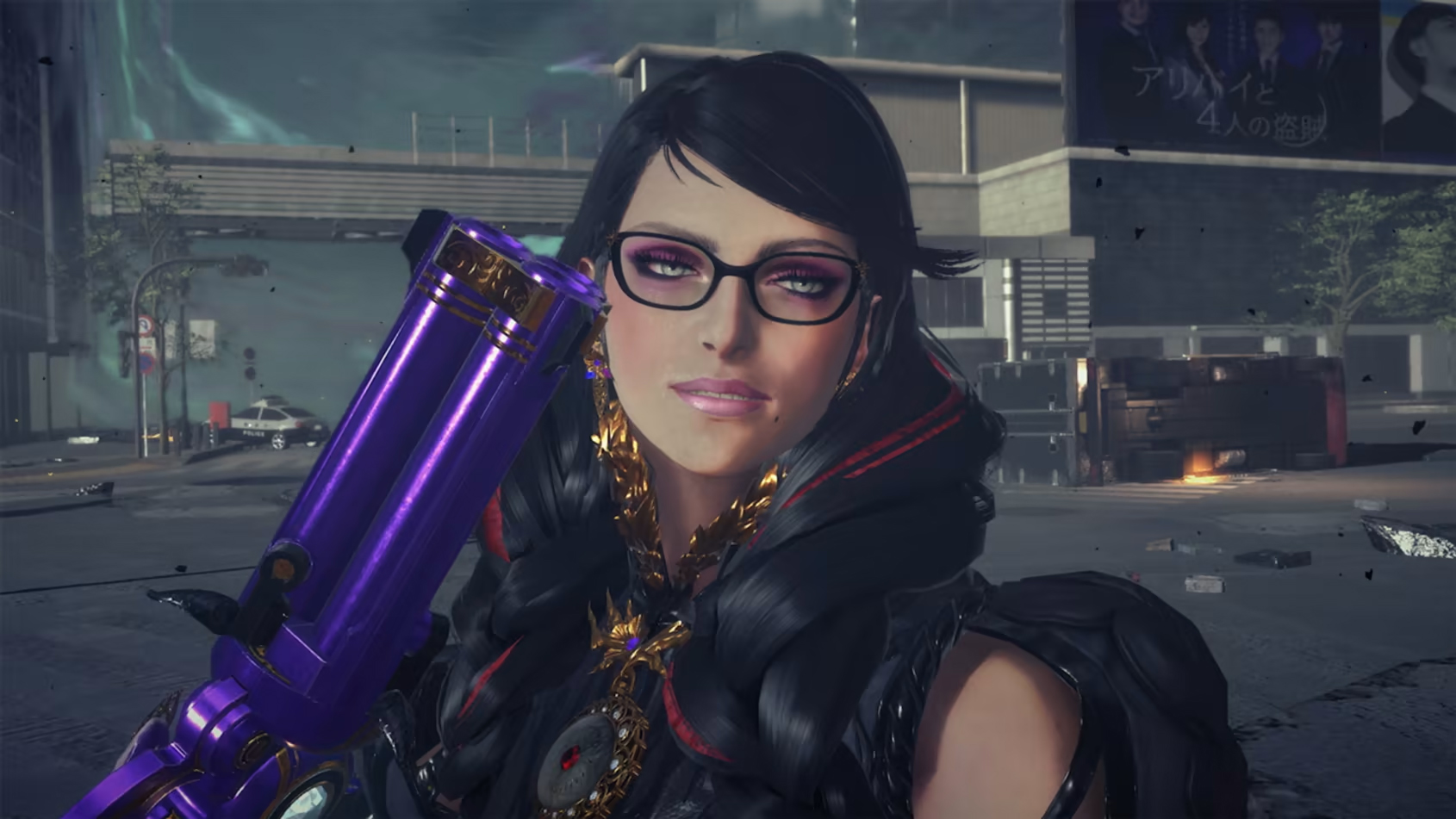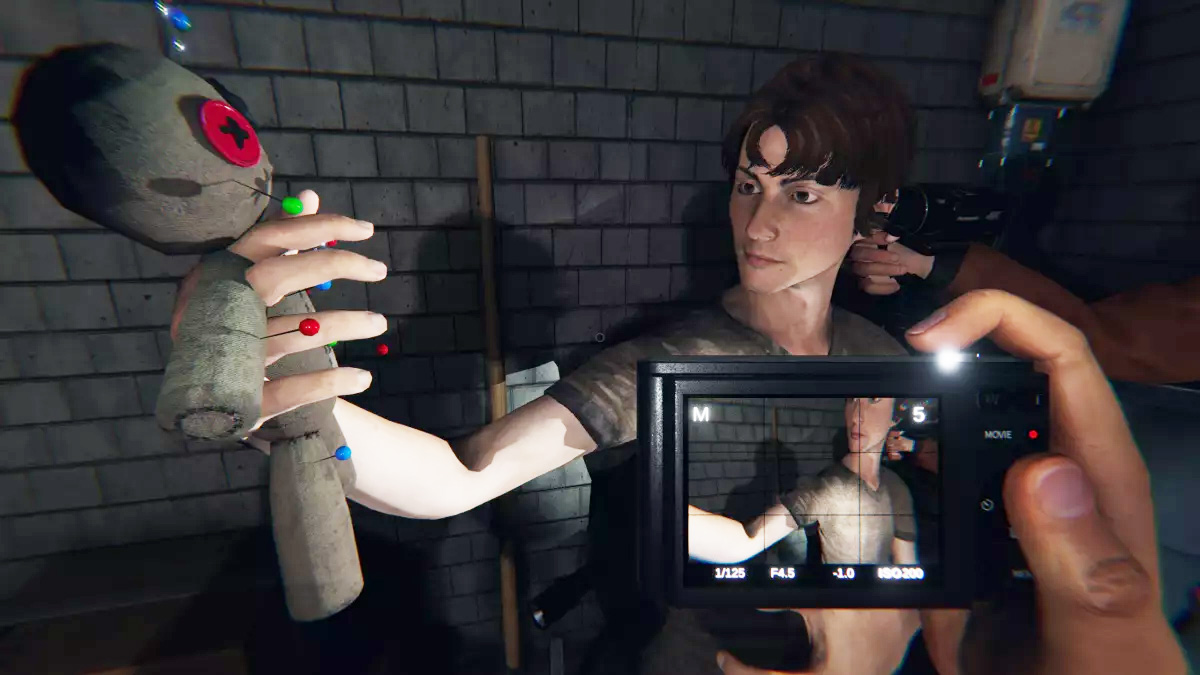
Sources told Bloomberg the actor who said she was lowballed was offered at least $15K. She says that's a lie.
Over the weekend, actor Hellena Taylor said that Bayonetta creator Hideki Kamiya offered her a flat rate of $4,000 to reprise her role as Bayonetta’s voice in the upcoming Bayonetta 3, a lowball she said she declined. Taylor’s statement has now been rebutted by two sources who spoke anonymously to Bloomberg, which says it also obtained documentation related to the negotiations.
According to Bloomberg’s sources, “Platinum Games sought to hire Taylor for at least five sessions, each paying $3,000 to $4,000 for four hours in the studio.” The total fee would’ve been at least $15,000, if that were the case. Taylor, Bloomberg’s sources say, rejected the offer and “asked for a six-figure sum as well as residuals.” In the end, Platinum hired prolific voice actor Jennifer Hale, best known as Commander Shepard in Mass Effect, to take over the role.
Taylor told Bloomberg that its sources are telling “an absolute lie” and that Platinum Games is trying to save face. Platinum Games has not officially responded to Taylor’s claims. (Unless you count Kamiya calling Taylor’s videos “sad and deplorable” on Twitter before briefly deactivating his account.)
In 2016, voice actors represented by the SAG-AFTRA union, including Hale, went on strike in an effort to secure better pay for videogame acting work. As Bloomberg says, they hoped to secure residuals in the form of bonuses when games they appear in are especially successful. They didn’t win that fight, but did secure bonuses based on the number of sessions a role requires. In 2020, that contract between SAG-AFTRA and nine major game publishers was extended until November 7 of this year.
According to Bloomberg, three sources say that Platinum Games used union actors for Bayonetta 3, meaning they paid at least the union minimum rates.
Now that there’s disagreement over the offer made to Taylor, the conversation (by which I mean, the stuff people are saying on Twitter) has turned to the principle of the matter, which is that voice actors don’t make especially large sums even to voice famous characters. Whether or not Taylor is vindicated, the scenario she described is not unheard of. Another actor, Bryan Dechart, said he was offered $4,000 to play the “lead character of a triple-A game.”
Those who don’t follow the business closely may be surprised to learn that videogame voice actors are paid per-session, and don’t earn additional money from games that sell lots of copies, or that are later distributed on new platforms, like TV stars do when shows are syndicated or released on Blu-ray. The voice of Dandelion in the Witcher games, John Schwab, told The Guardian that he sympathized with the discontent expressed by Taylor and other voice actors.
“You get a few thousand pounds to play a lead character, and then that videogame makes $700m,” he said. “How does that make you feel, when you’ve created the role?”
Hale, the new voice of Bayonetta, was pressed for comment by fans following Taylor’s videos. She said on Monday that she could not speak openly about the situation because of an NDA, but has since retweeted several comments in support of Bloomberg’s reporting.
There’s no PC version announced for Bayonetta 3, which releases for the Switch on October 28, although the name “Bayonetta 3” does appear in the Nvidia list that leaked a while back. Nvidia more or less said the list didn’t mean anything, but multiple games which appeared on it have since been announced for PC. That said, Bayonetta 3 is published by Nintendo, so it’d be a big surprise if it happened.





